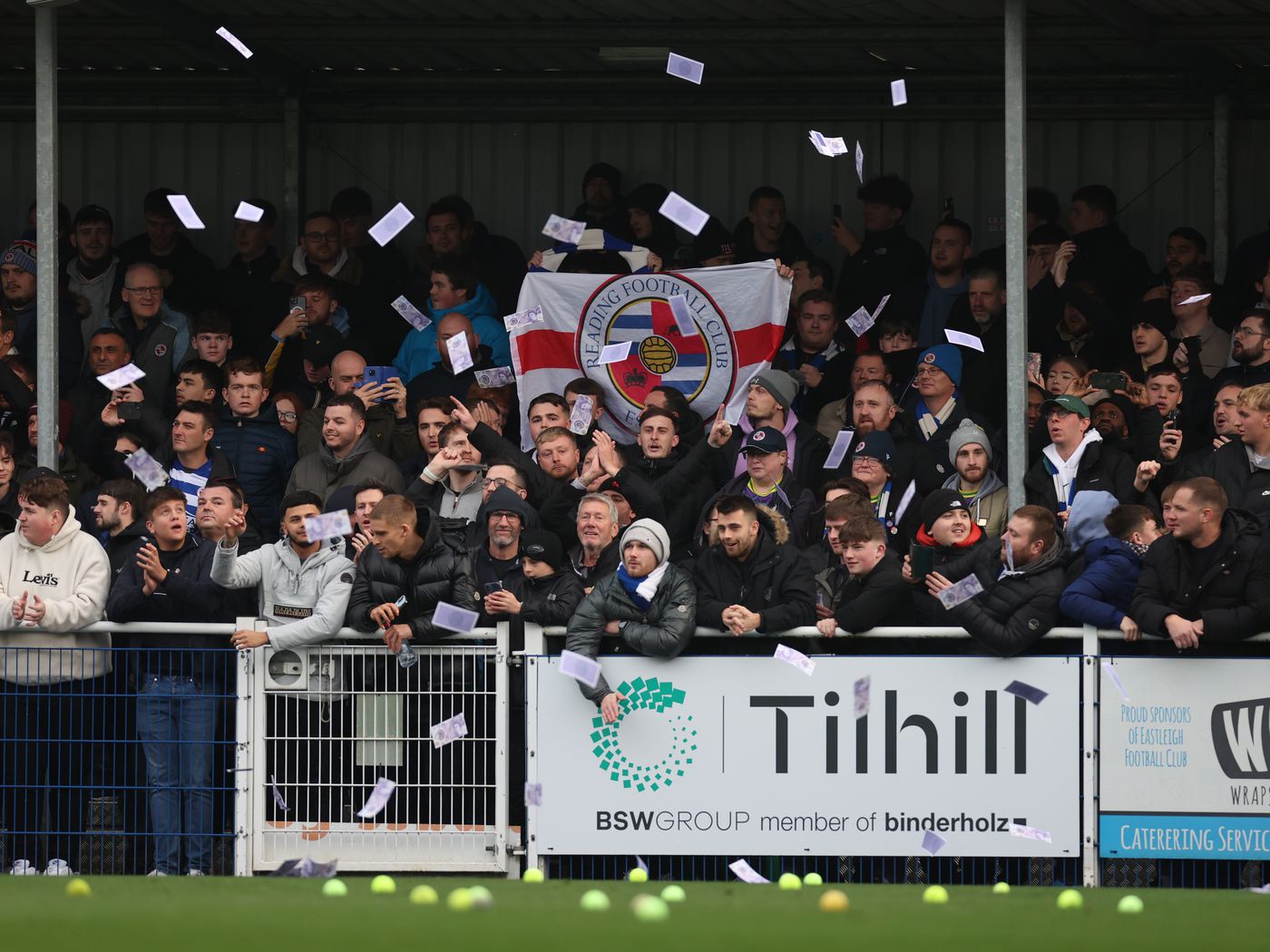The recent struggles faced by Reading FC serve as a stark reminder of the challenges and risks associated with irresponsible ownership and financial mismanagement in football. The club’s situation, including unpaid bills, points deductions, relegation, and the looming threat of collapse, has sparked discussions about the need for better regulation in football.
The acquisition of Reading FC by Dai in 2017 marked a period of ambitious spending and investment, spurred on by a wave of Chinese investment in European football. However, this trend was short-lived as Chinese authorities later changed policies, leading to a shift away from such investments.
Reading’s heavy spending and financial imbalances drew the attention of football governing bodies, resulting in penalties and restrictions that further exacerbated the club’s financial woes. Despite efforts to stabilize the club, including directives for Dai to provide adequate resources and seek new ownership, the situation remains precarious.
The club’s descent into the third tier of English football and ongoing financial struggles have raised concerns among fans, stakeholders, and observers. Efforts to address the situation, such as emergency fundraising and potential sales, highlight the urgency of finding sustainable solutions to safeguard clubs like Reading from collapse.
The involvement of a new football regulator has been discussed as a potential avenue for addressing ownership issues and promoting responsible financial management. However, doubts remain about the regulator’s effectiveness in enacting meaningful change and preventing similar situations in the future.
Overall, the plight of Reading FC serves as a cautionary tale and underscores the need for greater oversight, responsible ownership, and financial sustainability in football to ensure the long-term viability and success of clubs.
GET MORE NEWS HERE
